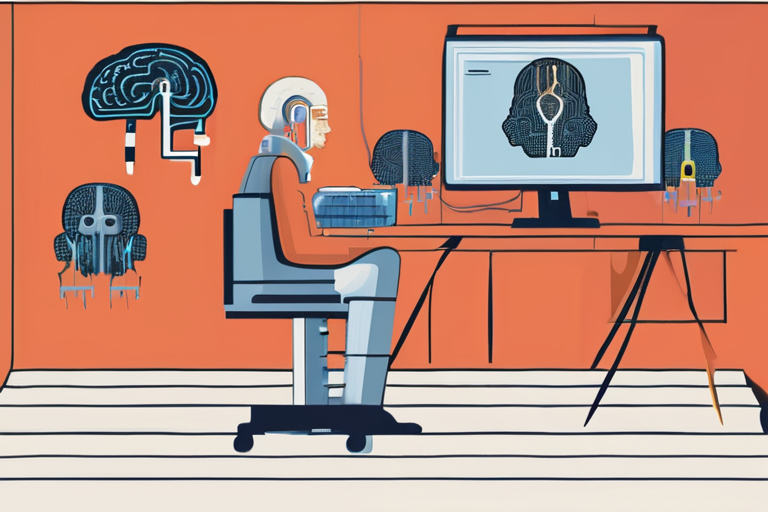Researchers from the University of Zurich, University of Amsterdam, Duke University, and New York University released a study on Wednesday, revealing that artificial intelligence (AI) models remain easily distinguishable from humans in social media conversations. The study, which tested nine open-weight models across TwitterX, Bluesky, and Reddit, found that classifiers developed by the researchers detected AI-generated replies with 70 to 80 percent accuracy.
According to the study, the researchers introduced a computational Turing test to assess how closely AI models approximate human language. The framework uses automated classifiers and linguistic analysis to identify specific features that distinguish machine-generated from human-authored content. The study's findings suggest that while AI models can mimic human-like language, they often struggle to replicate the subtleties of human communication, such as emotional tone and nuance.
"We were surprised to find that the most persistent giveaway of AI-generated content was an overly friendly emotional tone," said Dr. Maria Rodriguez, lead author of the study. "Humans tend to be more nuanced in their emotional expression, and AI models often default to a overly polite or friendly tone, which can be a dead giveaway."
The researchers tested their classifiers on a dataset of 10,000 social media posts, including tweets, Reddit comments, and Bluesky posts. The classifiers were able to detect AI-generated content with high accuracy, even when the AI models were attempting to mimic human-like language.
The study's findings have significant implications for the development of AI models and their use in social media. As AI-generated content becomes increasingly prevalent, it is essential to develop effective methods for detecting and mitigating the spread of misinformation.
The researchers' use of a computational Turing test is a significant innovation in the field of AI research. The test provides a more objective and reliable method for evaluating the performance of AI models, compared to traditional human judgment.
The study's findings also raise important questions about the role of AI in social media and the potential risks of AI-generated content. As AI models become increasingly sophisticated, it is essential to develop effective methods for detecting and mitigating the spread of misinformation.
The researchers plan to continue their work on developing more effective methods for detecting AI-generated content. They also hope to explore the potential applications of their computational Turing test in other areas, such as language translation and text analysis.
The study's findings are a significant step forward in the development of AI research and highlight the importance of continued innovation in this field. As AI models become increasingly prevalent, it is essential to develop effective methods for detecting and mitigating the spread of misinformation.



























Share & Engage Share
Share this article